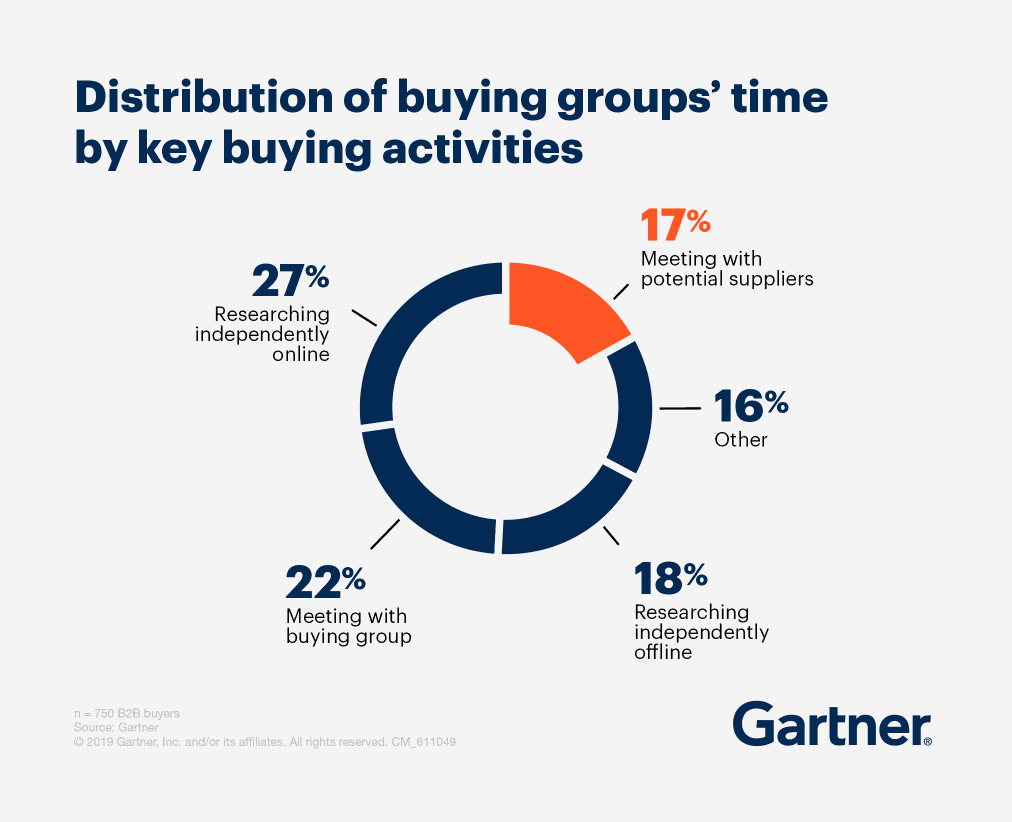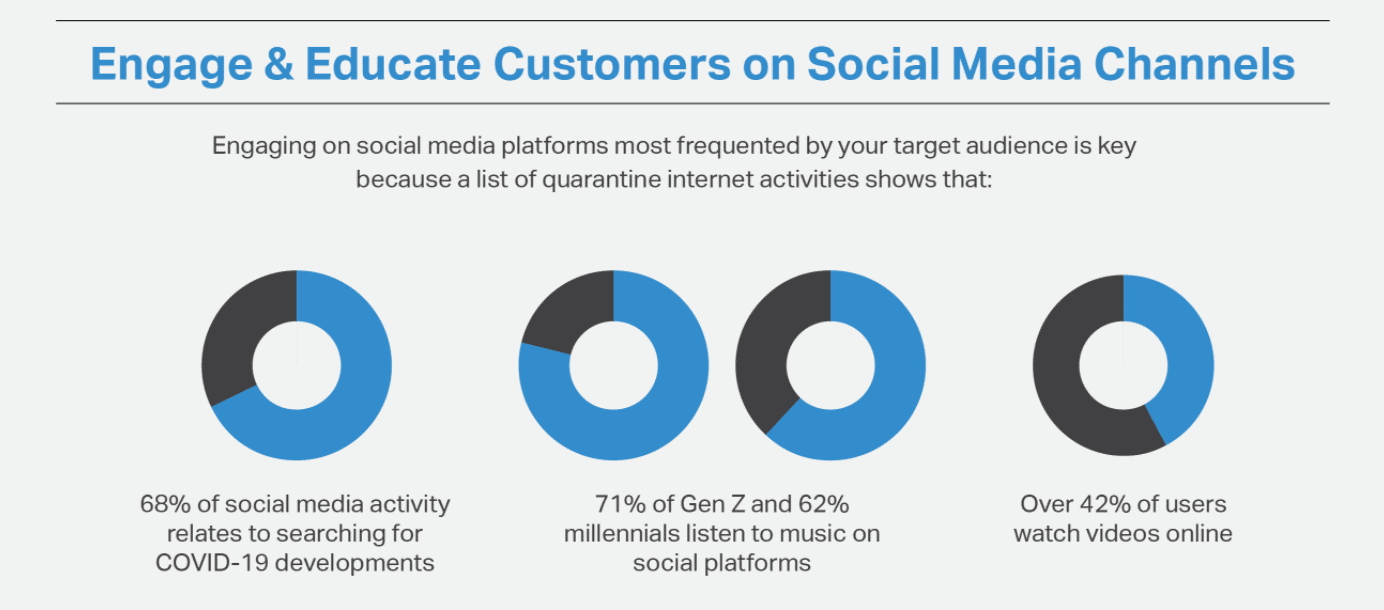SaaS products usually have a short sales cycle. Also, these products are constantly evolving, which makes it important to keep the buyer educated about the latest offerings. Inbound marketing allows SaaS providers to offer meaningful and credible information to the buyer, at every touchpoint and stage of the buying journey. This allows the SaaS provider to gain trust among prospects, positioning the brand as an authority in the domain.
Another reason why inbound marketing works so well for SaaS products is that it focuses on helping the buyer understand how integrating the software or other offerings into their daily lives can offer a myriad of benefits. This is very different from a one-off purchase for the buyer, since an SaaS product usually leads to a change in their usual style of working or living.
In short, inbound marketing answers key questions that buyers might have, proving to be ideal for SaaS businesses. You focus on the buyer, telling them how your product offers the best fit solution to an existing problem. Since, B2B buyers usually do their research before approaching a business, the SaaS inbound marketing gives them a chance to download, try and experience the product for themselves. In fact, Gartner’s New B2B Buying Journey & its Implication for Sales report states that only 17% of the buyer’s time is spent in meeting the service/product provider.
Image Source: Gartner; New B2B Buying Journey & its Implication for Sales
The SaaS Inbound Marketing Funnel
To be able to reach out to the buyer at every stage of their buying journey, you first need to focus on your marketing funnel. In the SaaS sector, this funnel usually has three major stages:
- Awareness: The buyer first becomes aware of a specific problem that needs to be addressed or of an SaaS offering that addresses specific existing problems.
- Research: The buyer then does their homework to check for the various options available to them to solve their problem.
- Buying Decision: Once satisfied with their research, having shortlisted and further reviewed the SaaS offering, the final purchase decision is made.
There should also be a fourth stage – that of customer satisfaction with the SaaS solution. This will help convert a customer into a fan, who not only keeps coming back to you but recommends you to others. To reach out to the customer at every stage of this funnel, you need a robust marketing strategy.
Elements of SaaS Inbound Marketing
The world has moved online due to the COVID-19 pandemic. However, even before that, a major part of a customer’s research was already being conducted online. Research shows that more than 62% of B2B buyers base their purchase decisions solely on online research, while 60% don’t even interact in-person with sales reps. So, why free trials are great for SaaS inbound marketing, the strategy has to go much beyond that.
PPC Campaigns
- The quickest route to reaching out to customers online is through Pay Per Click marketing. Millions of people all across the world still click on ads that come up on search engines. So, this avenue of reaching out to prospects cannot be ignored.
Search Engine Optimization
- The only way to be easily discoverable online is to optimize your website and all your digital communication to the popular search engines. Focus on both on-page and off-page SEO but remember that unlike PPC, SEO is a more long-term tactic. However, when you see the results, you know that it is definitely worth the wait.
Robust Content Strategy
The need for targeted, meaningful content for each stage of the customer’s buying journey cannot be overemphasized. A robust content strategy should include not just blog posts, but also email marketing, educational eBooks and articles, explainer videos and social media posts. In fact, having a video on your landing page has the potential to increase your conversion rate by a whopping 80%. Apart from social media, consider joining online forums where your target audience is most active and interact on those platforms. This can help position you as an expert in the field.
Image Source: Semgeeks, The Significance of Having a B2B Digital Sales Strategy for 2021 & Beyond (Infographic)
Account Based Marketing
This is not just the latest buzzword, it actually works. Account based marketing is an extremely effective way to engage prospects and create a personalized buying journey for them. This is crucial for high-value accounts, given the value that today’s customers place on the user experience.
In conclusion, SaaS inbound marketing leads to consistent and reliable results, working much better than outbound marketing, which at best has unpredictable and sporadic outcomes.


